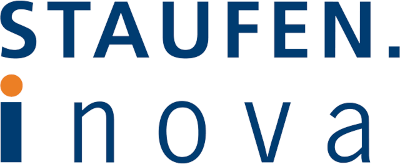
Conny Dethloff, Division Manager BI Agile Product & Data Management, Otto (GmbH & Co KG)
Retail had to face the challenge of the digital transformation much earlier than the manufacturing industry did. While many companies became irrelevant or went the way of the dinosaur with their paper catalogs and branch stores, Otto successfully converted into a digital company. This meant much more than the use of new technology. An entirely new way of thinking took root in this tradition-based company. In the future there will not be any more projects: instead, there is a long-term structure of responsibility for products and services. At Otto, the agile organization is alive and thriving. Conny Dethloff, Division Manager BI Agile Product & Data Management, is convinced that the business world can master the digital transformation as well if it concentrates on people.
While many companies became irrelevant or went the way of the dinosaur with their paper catalogs and branch stores, Otto successfully converted into a digital company.
This meant much more than the use of new technology. An entirely new way of thinking took root in this tradition-based company. In the future there will not be any more projects: instead, there is a long-term structure of responsibility for products and services. At Otto, the agile organization is alive and thriving. Conny Dethloff, Division Manager BI Agile Product & Data Management, is convinced that the business world can master the digital transformation as well if it concentrates on people.
Otto started its shift in culture to Industry 4.0 in 2015. What prompted that?
There’s one point I want to clarify from my perspective right away, since it’s a vital issue. The culture that prevails at a business is never the cause of its success or failure: it is the effect of it. That means that culture cannot explicitly be changed. It emerges.
Nevertheless, sometimes it is indispensable to publicize a change in culture. It basically serves as a signal that there is a plan to introduce new ways of thinking and acting. This is what the Otto Group board did. We realized that the internal structures that may once have been a good match for the mechanisms of the market and brought us success were no longer working. For example, the way we communicated at Otto or how we made decisions.
What has changed about the shopping experience at Otto?
The market underwent a fundamental change because of technological progress. Earlier, customers had a limited range of options when they wanted to shop. There were a few major mail-order businesses, one of which was Otto. You could order things through one
of the few catalogs that appeared each year, or you could go to one of the storefronts in larger cities. When e-commerce became widespread, people’s options not only grew exponentially. Customers now have agency as well. They can review the company and its items, and what’s more, these reviews spread around the globe at lightning speed. Companies have to find a response to this dynamic.
But customers have many more decisions to make as well, which can create stress in some situations. At Otto, we want to use this tension to offer a multi-facetted but stress-free shopping experience.
How can these experiences be applied to the business world?
At Otto, we learned from the business world: we learned how to organize teams along the value stream, so we could effectively and efficiently generate value for customers. And in the same way, the business world can certainly benefit from our insights. Ultimately, it’s all about people.
I solidly believe that what determines success and failure is people, not the methods or tools they use. And since people’s thinking and actions in groups and teams is conditioned by formal and informal structures, we place major emphasis on adapting these structures. And this brings us back to a shift in the culture.


